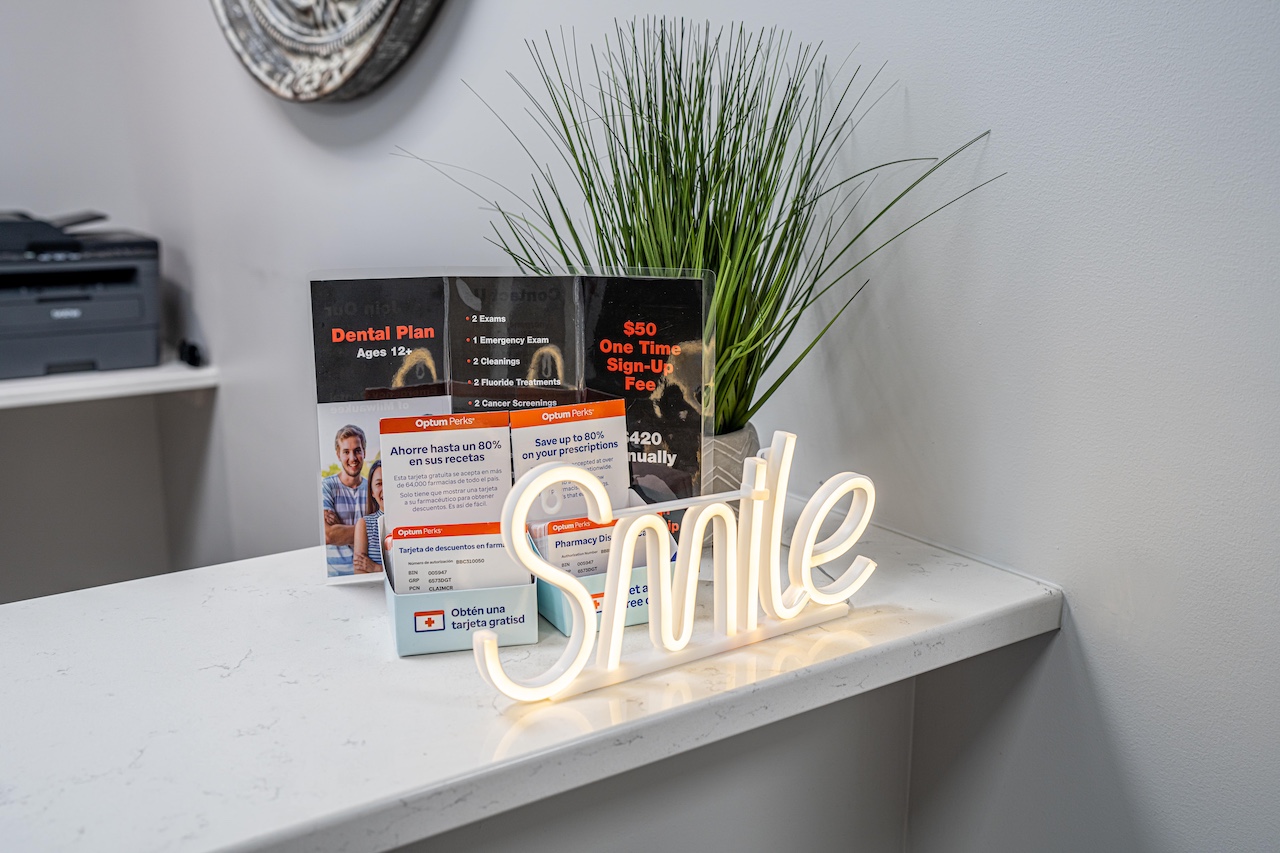Like with any medical injury, dental emergencies need to be taken care of properly and fast in order to prevent further damage or the need for a more invasive treatment. But, sometimes, taking care of a serious injury can be difficult; especially if it happens after hours. But, what can you do while you wait for an appointment?
If you find yourself in this type of situation and wondering what you can do, we’ve got you covered. Take a look at these six common dental emergency ailments and see what you can do before sitting in the dentist’s chair.
1. Lost Crown
Losing a crown or even a filling isn’t all that uncommon. However, when it happens, there are important steps to take in order to ensure the safety of the tooth at hand. When you notice that a crown has detached make sure to put it in a safe place. This should be done first so that you are able to take it to the dentist with you for the future appointment.
An injury like this will also most likely be causing some amount of pain. In order to calm this, swab the tooth with clove oil. Then, if possible, using over the counter dental cement, attempt to put the crown back in place. Make sure not to force it! If you are unable to put the crown in the proper position, keep it secure in the safe place mentioned earlier.
2. Toothaches
This dental ailment is the most common. With 64% of Americans visiting the dentist every year it’s easy to imagine that a simple toothache is where it all starts. So, when the tooth is achin’ what can you do? First, make sure to clean your mouth out by rinsing with warm water. This will help you to see what exactly the cause of the pain might be. If you happen to notice food lodging, use dental floss to ease it out. Otherwise, avoid pics and other things that could potentially do more harm than good. If the pain persists, you may want to use a dental painkiller, but be sure to stay away from your gums.
3. Soft-tissue Injuries
This category can include many things ranging from the cheek, tongue, and more. If the injury is severe, you may want to seek ER treatment or find your local emergency dentist. However, if it seems manageable, there are certain things you can do to stop bleeding and protect the area.
First, make sure to rinse your mouth with a saltwater solution to clean and possibly disinfect. Then, get a piece of gauze or cloth to apply pressure to the area. Depending on the amount you are bleeding, upwards to 20 minutes of pressure may be necessary. To help aid in any other effects of pain and swelling be sure to apply a cold compress the outside or the mouth and/or cheek area.
4. Chipped or broken teeth
The most important first step is to save any pieces of the broken or chipped teeth. Dentists are capable of attaching the pieces of broken teeth through a form of bonding. Interestingly enough, it is said that the most successful means of storing broken teeth is in a container with milk or saliva. Before storage, rinse your mouth and the teeth. Apply gauze to the wound if there is bleeding. In an effort to keep down swelling, apply a cold compress on the outside of the point of pain. If the pain is significant, take ibuprofen to alleviate discomfort. Visit your dentist as soon as possible to fix the teeth.
5. Knocked-Out Tooth
Similar to the circumstance above, save the missing tooth and rinse it as well as your mouth. Be sure not to scrub off any fragments of tissue or scrub off any of its shape. At this point attempt to put the tooth back into place, without forcing it into the socket. Be certain of its position in your mouth. Incorrect placement could lead to further problems and allow bacteria to grow. If self-reattachment does not serve you well, save your tooth in a container of milk, saliva or water with a pinch of salt. There are also solutions with cell growth mediums such as Save-a-Tooth that can be used to store the tooth. Bring this tooth to your dentist and let them attempt to reinsert the knocked-out tooth.
6. Abscess
Abscesses are a serious condition that can cause more damage if left untreated. These infections tend to focus their malignant endeavors around the root of a tooth or, just as often, the space between the teeth and gums. These abscesses can cause serious oral and general health problems. They often cause noticeable discomfort and swell on the gum causing a pimple-like growth. To temporarily deal with the abscess, WebMD says to “[rinse] your mouth with a mild saltwater solution (1/2 teaspoon of table salt in 8 ounces of water) several times a day. “
Waiting for an appointment after an oral injury is always a stressful situation, but you can make it better by following some of these simple steps.
Don’t have an emergency dentist to help with your needs? Contact us today to set up an appointment!
